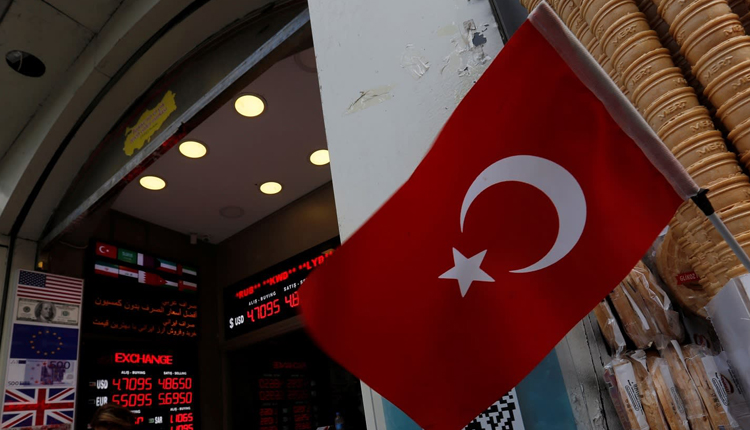Consumer prices rose 20.3 percent in December from a year earlier, compared with an increase of 21.6 percent in November, Turkstat said on Thursday. The median estimate in a Bloomberg survey of 13 economists was 20.5 percent. Prices fell 0.4 percent in the month.
“The slowdown in inflation shows that the effects of the lira depreciation are gradually fading. Oil prices, which have fallen from early-October highs, have also helped cool price gains. The central bank is likely to cut rates in response, although the January meeting might be too early for that.”
Key Insights
- Food inflation slowed to 25.1 percent from 25.7 percent the previous month, well below the central bank’s year-end forecast of 29.5 percent.
- Producer prices rose at a slower pace showing that manufacturers and service providers are less eager to pass on the rise in costs from the lira’s weakness earlier in 2018 to consumers.
- Annual energy inflation slipped to 20.8 percent from 25.4 percent. Oil prices at the end of 2018 were about 20 percent lower than a year earlier, with the Turkish government trying to amplify the impact on consumer costs with lower taxes on refined products.
- The year-end figure for headline inflation undershot central bank Governor Murat Cetinkaya’s 23.5 percent forecast but is still well above his official target of 5 percent. Cetinkaya will now have to write an open letter to the government within the next few weeks to explain the reasons behind his failure to achieve the central bank’s objective for the eighth straight year.


